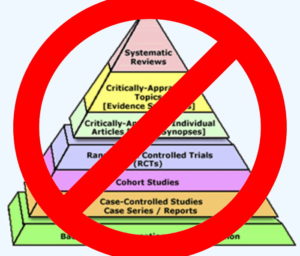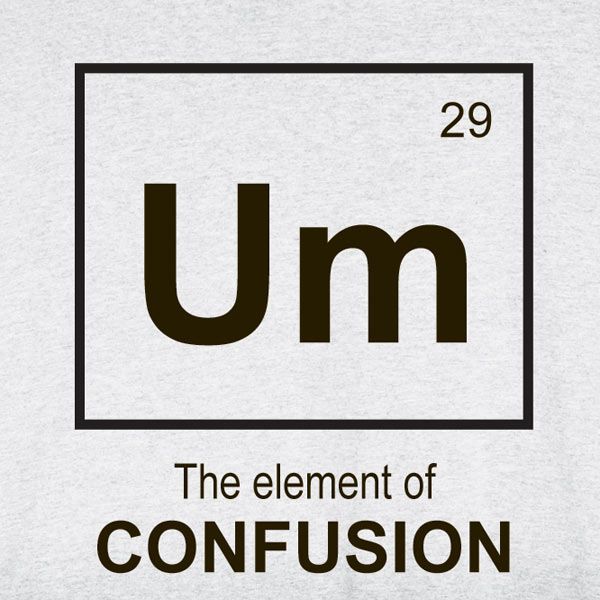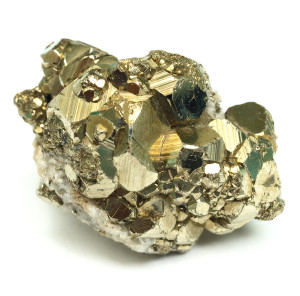The long-anticipated fall of the systematic review
 You may have noticed that for a blog that is called “Evidence-Based Fitness”, that there is not one single mention or reference to the “Hierarchy of Evidence” pyramid. This is entirely intentional. I can’t count the number of blog drafts that I’ve tried to write and then scrapped on how much I hated the old “hierarchy of evidence”. But this week, the Evidence-Based Medicine “pyramid” has finally been reworked. It’s not as graphically pretty. It does, however, better reflect the reality of the “this is not actually how it works” pyramid of old. The new infographic was revealed and can be found here (it’s even open access!) So what does this new infographic mean?
You may have noticed that for a blog that is called “Evidence-Based Fitness”, that there is not one single mention or reference to the “Hierarchy of Evidence” pyramid. This is entirely intentional. I can’t count the number of blog drafts that I’ve tried to write and then scrapped on how much I hated the old “hierarchy of evidence”. But this week, the Evidence-Based Medicine “pyramid” has finally been reworked. It’s not as graphically pretty. It does, however, better reflect the reality of the “this is not actually how it works” pyramid of old. The new infographic was revealed and can be found here (it’s even open access!) So what does this new infographic mean?
In a nutshell, it means there are no more simple answers and no more simple classifications. It means you can’t skip steps. It hopefully means an end to the blind application of a clearly dysfunctional classification system to interpret and compare studies to one another. Read More...
Systematic Reviews: All that glitters is not gold.
This is a short article I submitted to Science-Based Medicine a couple of years ago, which never made it to their blog and then I forgot about it. But then I came across it and figured I should use it since I already did the work; and lately there seem to be a lot of systematic reviews being published. Read More...
How to decide when you don’t know how to decide

I don’t know why they picked 29, since that the atomic number for copper, but this design is from http://www.whatonearthcatalog.com/cgi-bin/hazel.cgi?action=DETAIL&ITEM=CL9321
Two things happened this week that inspried me to write this post: Read More...
To anyone that says, "A randomized controlled trial in nutrition is impossible!" I can now say, "You just don’t want it badly enough."
 Should you go on the Mediterranean diet?
Should you go on the Mediterranean diet?As you are already probably aware, the Mediterranean diet is one of the diets that started it all. Its rules are relatively simple: lots of olive oil, lots of fruits and nuts, lots of vegetables and cereals, and some fish and chicken, and not a lot of dairy, red meat, processed meats, and sweets and some wine (And while Greece is part of Mediterranean, Greek yoghurt does not seem to feature prominently in this diet–so think on that a bit…)
The Mediterranean diet has been studied a lot. One could argue that of all the diets that have gone though fad phases, including the Atkin’s diet, the Mediterranean diet has been studied the most. In particular, its effects on preventing cardiovascular events (stroke, heart attacks and death from either) has been of particular interest. There have been major cohort studies, but never a randomized controlled trial. Read More...
Screwed if you do, screwed if you don’t: People don’t want to read what they don’t want to hear

This WOULD be a catastrophe. This week, I was asked to write a commentary for Fitocracy on what has now become known as the “Red Meat Will Kill You” Study. The fallout in the blogosphere has been pretty dramatic (and by dramatic, I mean drama-filled and theatrical). There have been a few well-written, thoughtful commentaries, but by far, the bulk of criticism has been the general “correlation, not causation” crowd. While I think this is, by and large, a HYUGE step forward in general research literacy, it also makes me wonder if it’s just another sign of polarized, blinded thinking.
There is a fundamental difficulty with measuring long-term outcomes that are distantly removed from single-point events, and continuous repeated exposures. The three mainstream ways to get at the question of, “Does X make you live longer/shorter?” are: Read More...
Twenty three and a half hours
I love this video. Most of my readers do more than 30 minutes, but let’s say you can’t get to the gym, or you’re injured. Or you’re just not in your workout groove. There’s making gains, which is what we’re always trying to achieve, but sometimes, you have to take victory during times of stress to just not go backwards. So if you do nothing else, know that 30 minutes a day is positively associated with many benefits. Read More...
If research isn’t the "real world", then what can it show us?
 When I was in physics class in my undergraduate degree, I remember doing an experiment to demonstrate the laws of momentum. I don’t remember the specifics of the experiment, but I do remember using an air-table (similar to an air hockey table, but smaller) and pucks (similar to air hockey pucks, but smaller) to demonstrate how conservation of momentum occurs in an almost frictionless environment.
When I was in physics class in my undergraduate degree, I remember doing an experiment to demonstrate the laws of momentum. I don’t remember the specifics of the experiment, but I do remember using an air-table (similar to an air hockey table, but smaller) and pucks (similar to air hockey pucks, but smaller) to demonstrate how conservation of momentum occurs in an almost frictionless environment.
Now, I don’t know about you, but I don’t live in a frictionless world. Those of you who live on air-hockey-table-like-environments, I can’t speak for you. And back then, I probably thought very similarly to the way some people think about research now: “If nothing on Earth is truly frictionless, short of air-hockey tables and mag-lev devices, why do we have to do this experiment?” The answer back then, was, “Because we’re telling you do it, so quit bitching already and push the friggin’ puck.” But I’ve tried that answer on people who ask, “We never use supplement X/training technique Y in tightly controlled situations, so how do the results of these studies help us?” and a) it doesn’t go over very well, and b) they’re really confused about some mysterious puck. Read More...
Beta-alanine revisited: Failing to plan, or planning to fail?
In the past 2.5 years, a few more studies on beta-alanine have emerged. As I’ve written before, my goal isn’t to become the anti-beta-alanine blogger, but I do feel that watching this supplement develop from its relative inception to its current state does provide an interesting prototype for how similar products develop a strong following despite the limitations on the research available to support (or not support) its use. Read More...
Are your fitness decisions fully informed?
Everything we do shapes our opinion of effectiveness. The opinions of others also shapes our ideas of effectiveness. And while your own recall of what works and what doesn’t work likely falls on the side of the majority of the time (if you prescribed intervals vs steady-state cardio for a bunch of clients, and most of them lost more fat on intervals, chances are your recall bias is unlikely to think that steady-state cardio is the way to go), it is nonetheless, biased, because you are also less and less prone to prescribing other things when you think you’ve found the thing that actually works. And sometimes you remember the dramatic cases preferentially, when it’s the other thing that works most of the time. Read More...

